Ford has had a mixed sales period recently. On the one hand, its car market share has dropped dramatically and was down another percentage point in Q1 2022, while on the other, the Transit eclipsed even the best-selling car (the Vauxhall Corsa) with a bumper year. Ford’s new mantra is that the Transit Custom is Britain’s best-selling vehicle, and the company took a stellar 34.4% of the overall LCV market in 2021.
That in itself underlines just how important the commercial vehicle and van market has become in the UK, with sales accelerating during the pandemic and Ford ramping up the pressure to build on its Transit-led leadership in the sector.

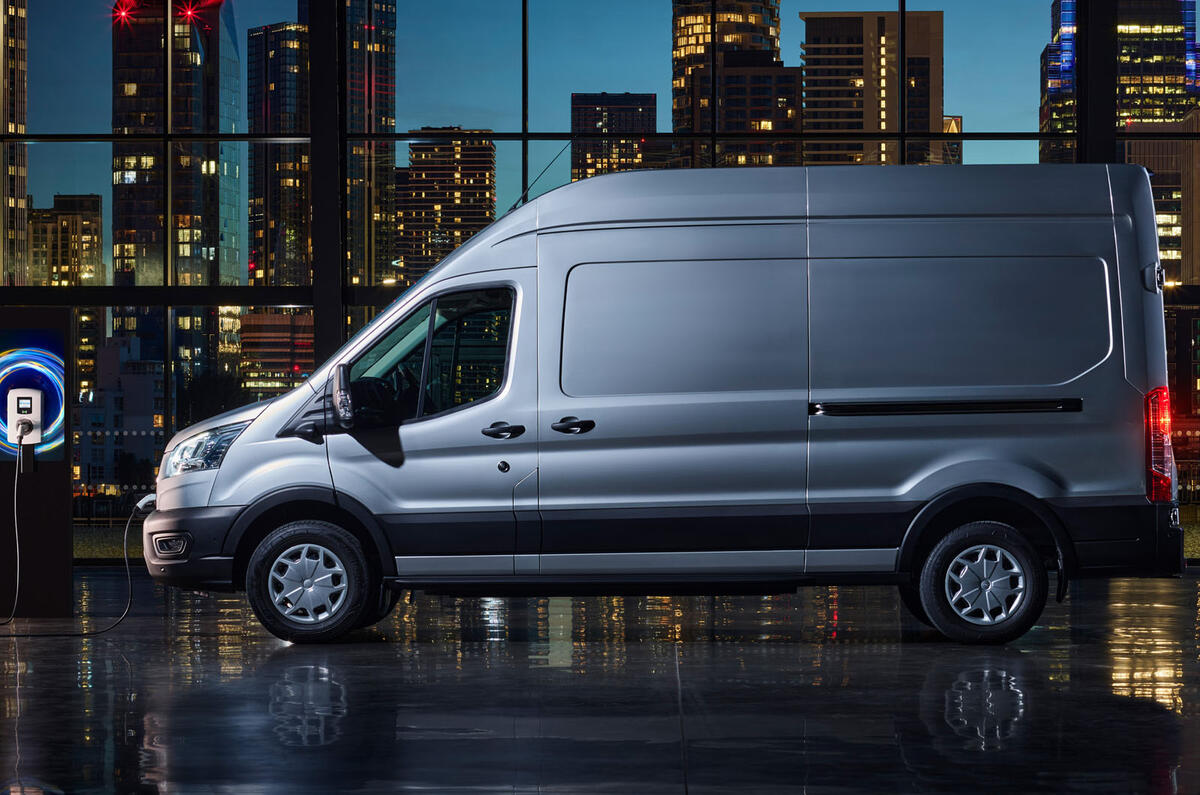
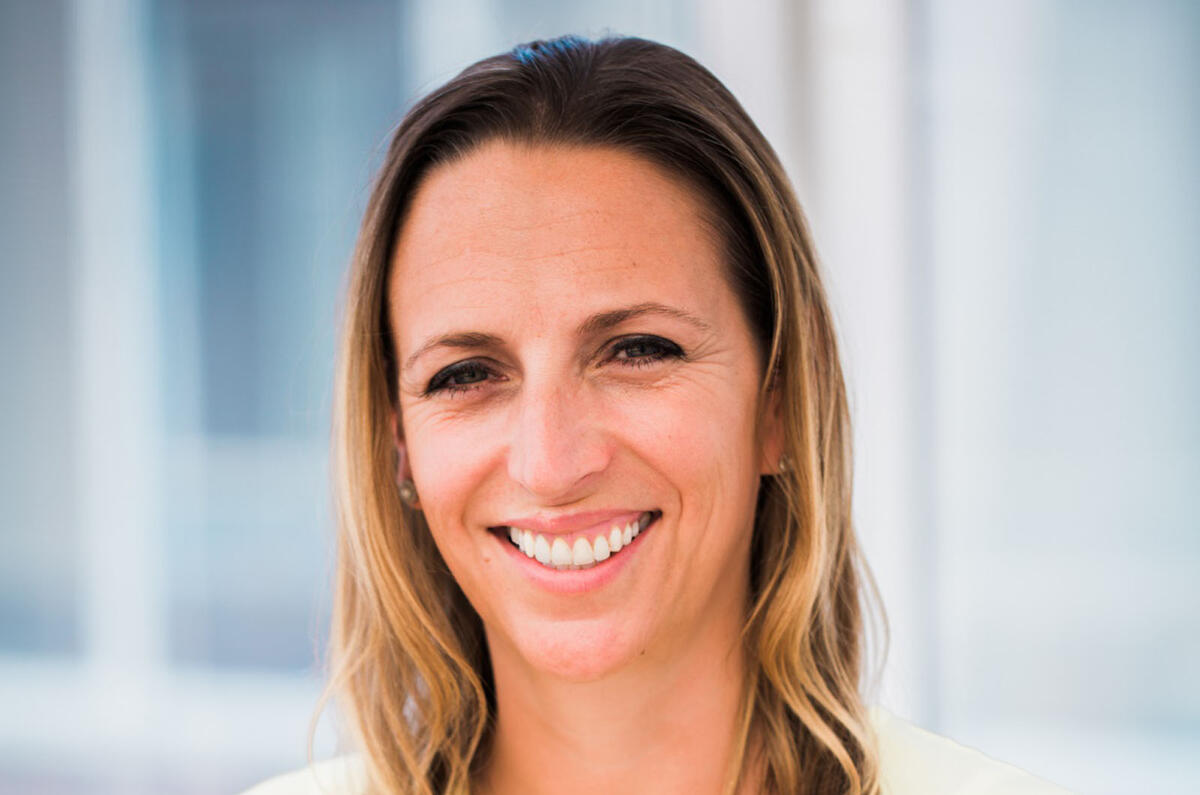
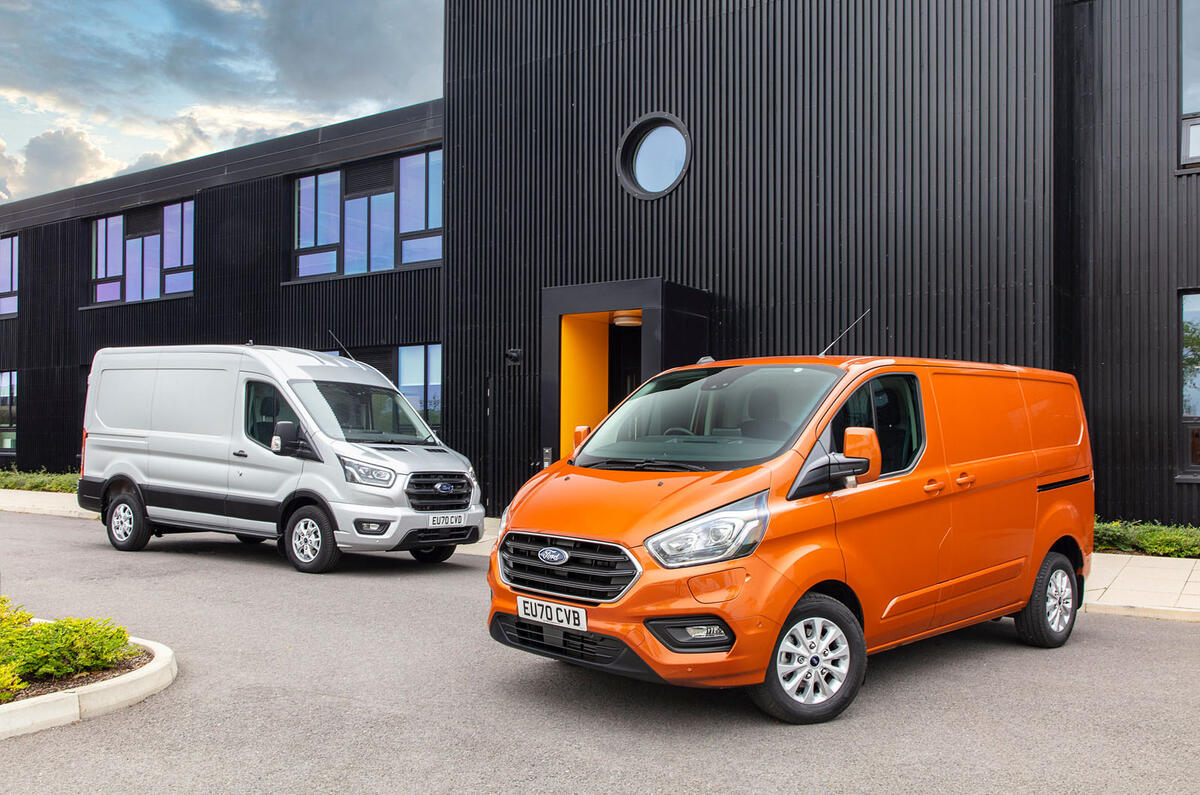
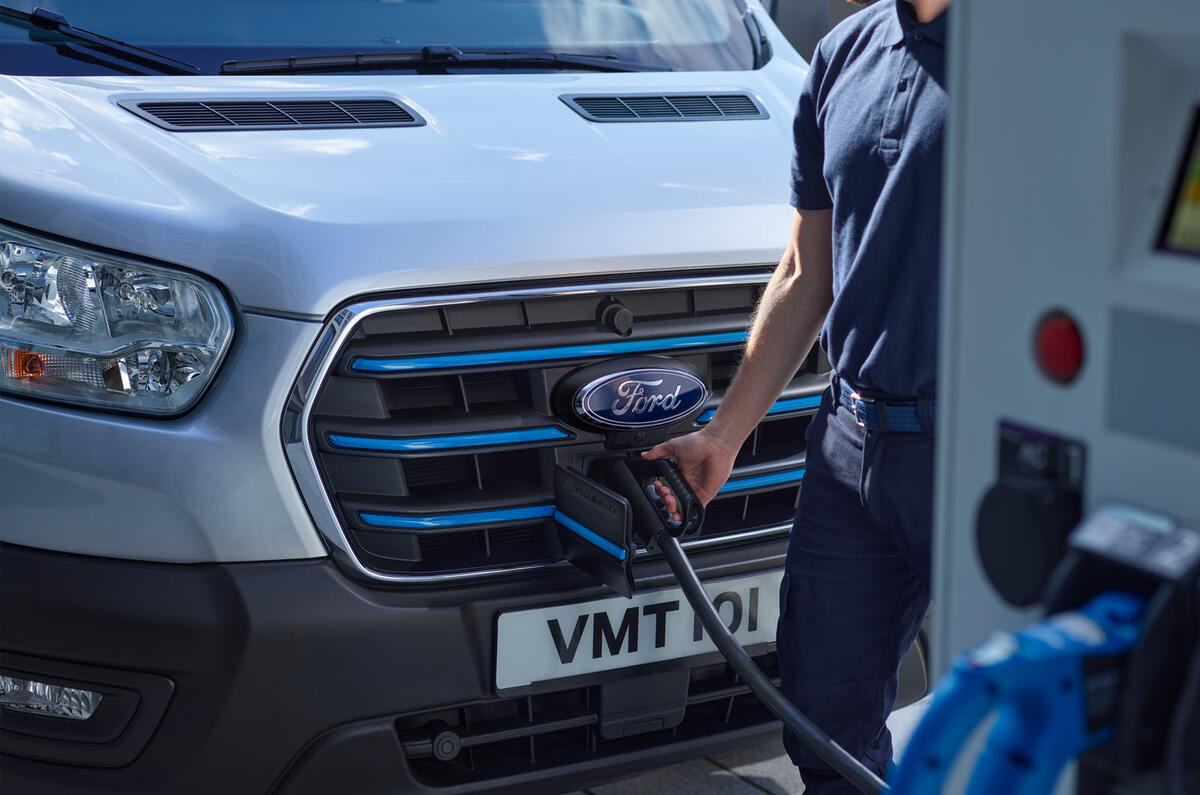
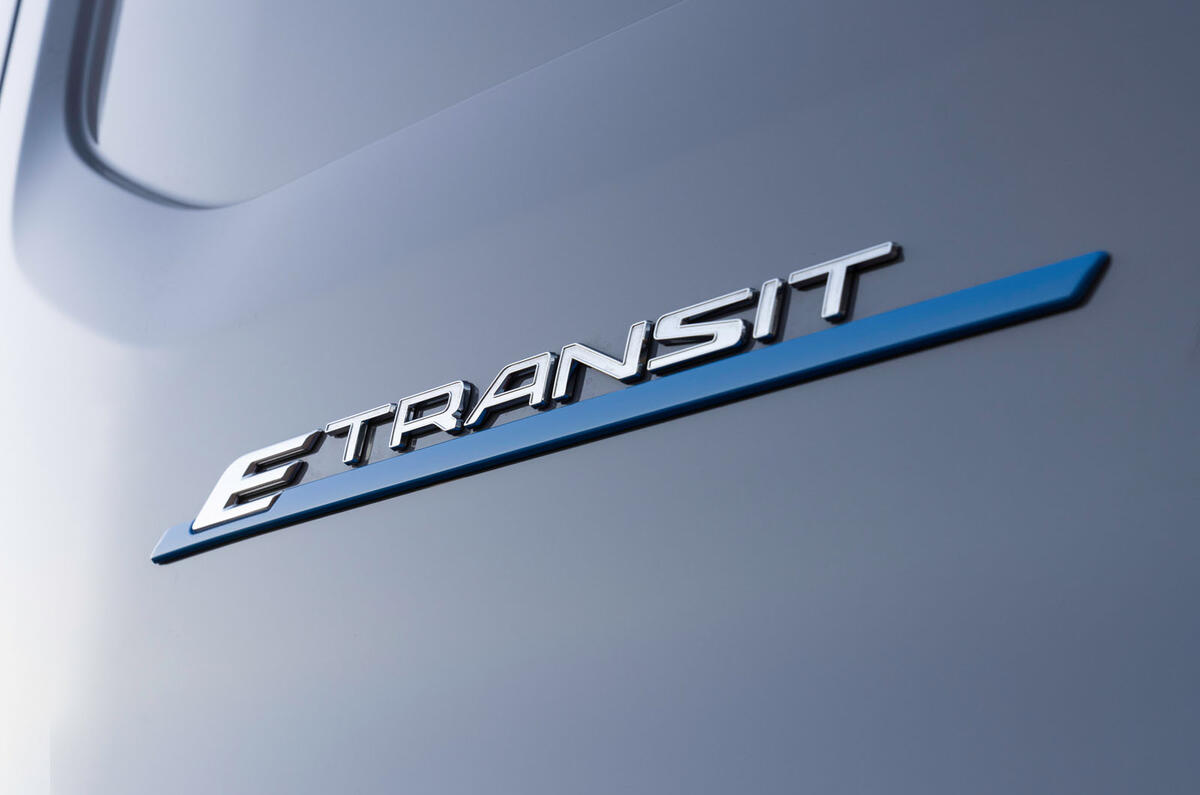
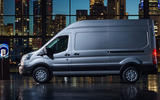

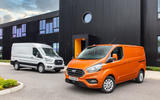
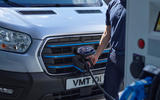
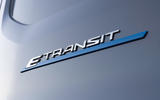


Add your comment